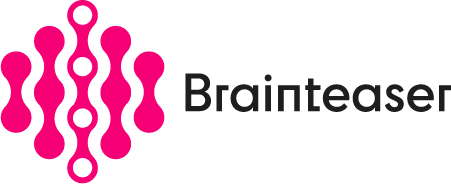
CAML LISBOA
The Lisbon Academic Medical Center (Centro Académico de Medicina de Lisboa-CAML) is an innovative academic centre and a consortium of three institutions: one of the main portuguese hospitals – North Lisbon University Hospital Center (Centro Hospitalar Universitário Lisboa Norte-CHULN), a Medical School – Lisbon School of Medicine (Faculdade de Medicina da Universidade de Lisboa-FMUL) – and a biomedical research institute of excellence – Instituto de Medicina Molecular João Lobo Antunes (IMM).
Which is the target number of patients to be recruited (specify MS/ALS). Outline of inclusion criteria. How many professionals will be included in piloting.
As a clinical partner, the CAML will involve, within the catchment area of CHULN, forty amyotrophic lateral sclerosis (ALS) patients that can give a written informed consent. The patients will be enrolled in the study and followed by a multidisciplinary team composed of three neurologists, one senior researcher, one junior researcher and two master students.
Which will be the clinical protocol used for the cohort of recruited patients, indication of sensors that will be used and of the data (Demographic, clinical, lifestyle, environmental, genetic, other…) that will be gathered
All patients attending our centre that meet the enrolment criteria will be asked to participate to the study. A smartwatch and a portable environmental sensor will be provided so that physiological parameters, daily activities, and air quality exposure can be continuously monitored. These data will be collected in conjunction with demographic and clinical variables usually studied in ALS, in addition to lifestyle habits, such as tobacco exposure and physical exercise. Participants will be trained on the use of these sensors and on the mobile app developed by the project. For twelve months, besides the standard clinical management, our team will be monitoring participants’ sensors data and several variables collected through the mobile app (e.g., new symptoms, sleep quality and emotional distress).
Where we are in March 2023 in terms of recruitment and operations
At the end of the pilot phase (December 2022), ten patients (and their caregivers) have been enrolled and, their feedback, have contributed to the improvement of the technical solutions developed by BRAINTEASER. Currently, 16 patients participate in the project, and we continue to enrol new patients.
